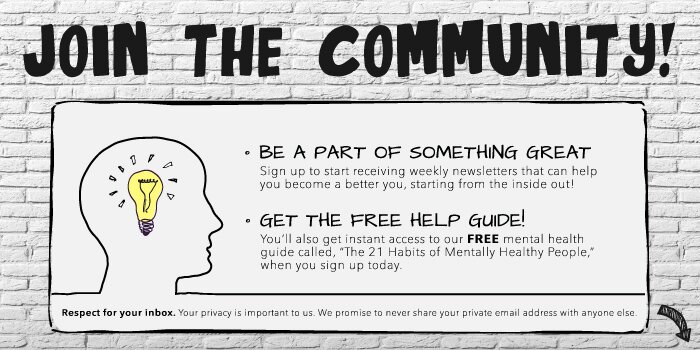Automatic Thoughts
Cognitive behavioral therapy focuses on how our thoughts create our feelings, and our feelings cause us to behave the way we do. Most of the thoughts that we have in any given situation are called automatic thoughts. They’re referred to as “automatic” because we don’t create them; they are based on beliefs we have about ourselves and the world in which we live. When we understand how our automatic thoughts create our feelings and, in turn, our behavior, we can seek to change our automatic thoughts by changing our deeply-held core beliefs.
When we are in a situation, thoughts about what is going on around and inside of us are flying through our heads. If someone cuts us off in traffic, we may have an automatic thought: “That is so rude and dangerous!” This thought will then spark a feeling of anger. If we feel angry, we may scream and yell in our car, catch up with the person and shoot them an angry gesture or carry that anger home with us and yell at our loved ones. That single automatic thought starts a chain reaction that upsets us and possibly the people around us. We think that our automatic thought is right, but there are actually many different thoughts that we might have in the same situation.
The automatic thought in the situation depicted is based on a core belief: “People should never make mistakes and, if they do, they should be punished.” When we feel anger, we are trying to punish the person who made the mistake. We usually end up punishing ourselves instead with our own upset feelings.
What would the automatic thought be if we changed the belief? If we believed instead, “People make mistakes from time to time for a variety of reasons, and they are not doing it purposefully to hurt me,” we might think, “Uh-oh! That was a close one!” and continue driving down the road emotionally unaffected. We might think, “They must not have been paying attention.” We don’t have to react with anger. The situation is the same, but the different automatic thoughts shape how the situation feels and how we react.
Cognitive behavioral therapy focuses on changing our core beliefs so that we have healthier, less destructive automatic thoughts. Most of us are unaware of the nature of our automatic thoughts, and CBT helps us become aware of this process and the effect our automatic thoughts are having. If we are walking around constantly angry, sad, upset or hurt, our automatic thoughts are where the problem begins. According to CBT, it isn’t the situation that is the problem; it is the automatic thoughts we’re experiencing in the situation that create the idea of a problem.



